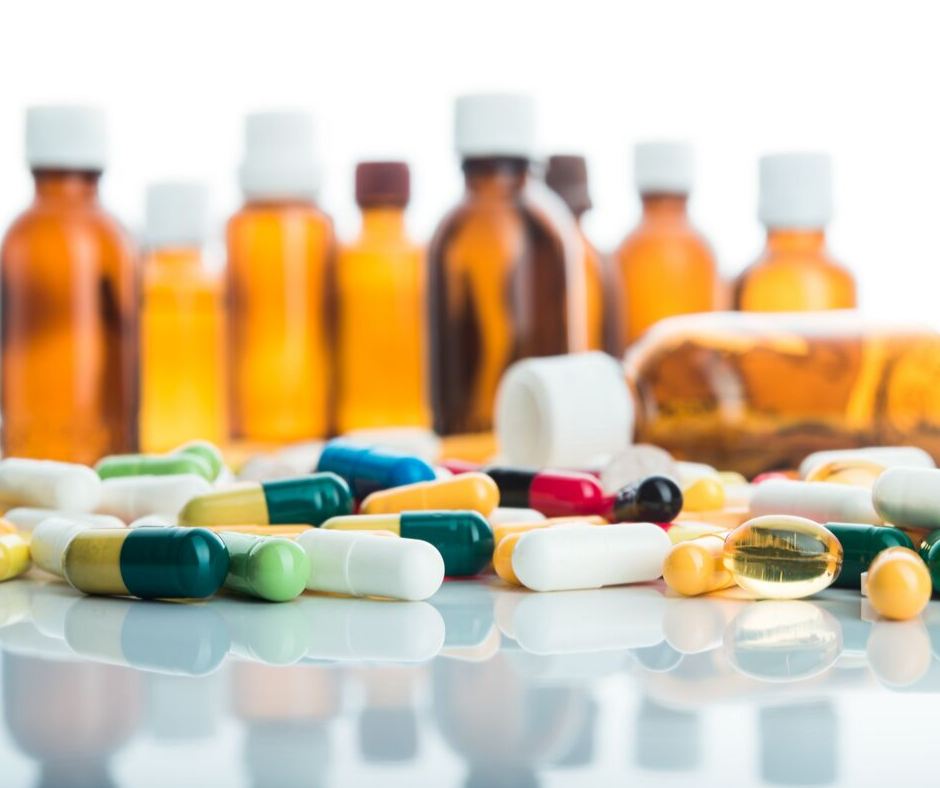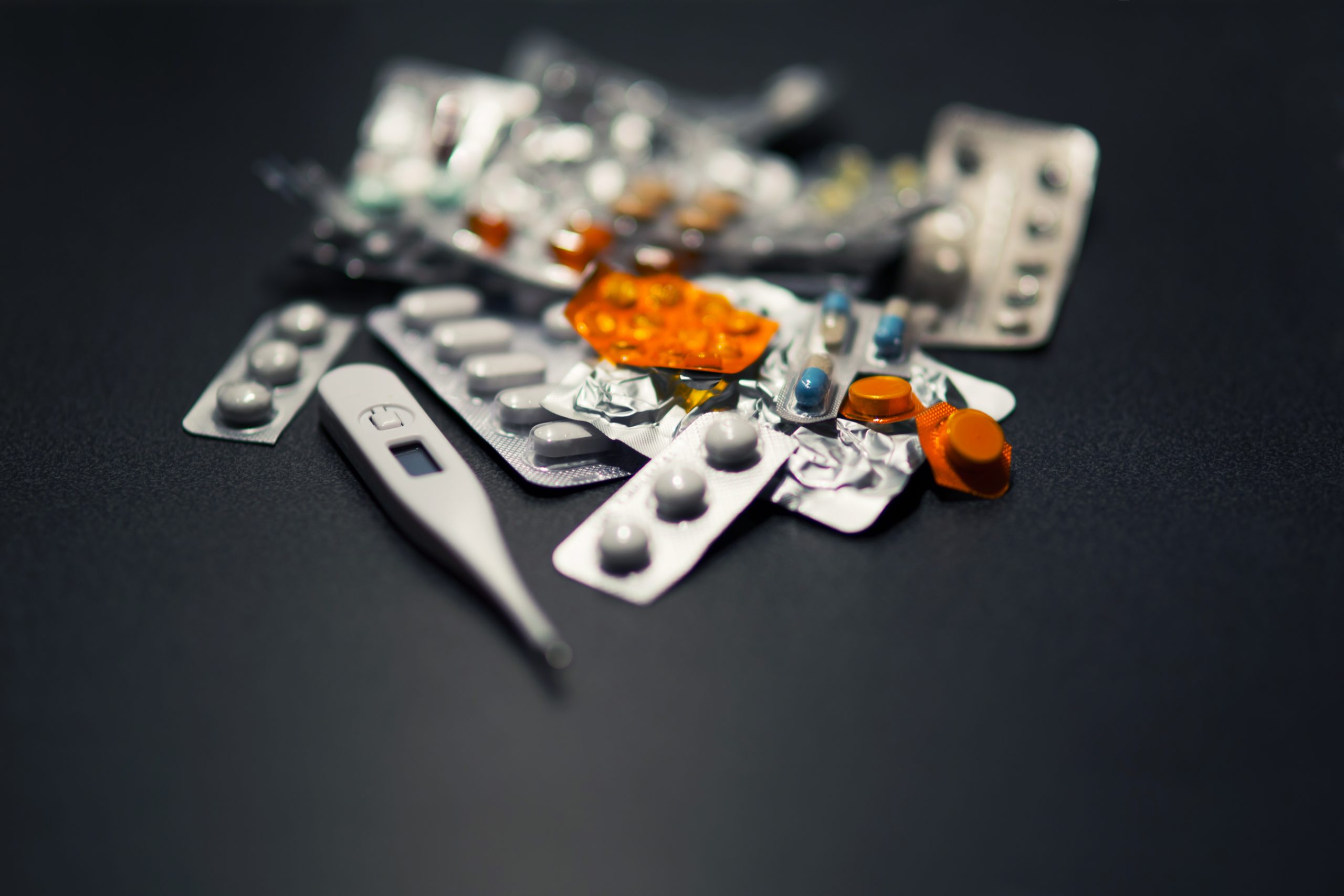What is a drug?
Any chemical substance that comes from outside the body alters or modifies the chemical reactions in the body.
Types of Drugs
Medicines are used to treat an illness or disorder, and all contain drugs, like aspirin tablets containing the drug “acetylsalicylic acid.” But not all drugs are medicines. Antibiotics are drugs that are used for the treatment of bacterial diseases. Alcohol and nicotine are drugs but are not usually considered medicines.
Different parts of the body were affected by various drugs. Some drugs act directly on the nervous system and are often grouped according to the effect they have, for example:
Stimulants
They speed up the action of the nervous system and usually make the drug user feel confident and alert, and include “amphetamines,” “caffeine,” and “nicotine.”
Depressants
The use of depressants slowed down the action of some parts of the nervous system. The user feels sleepy and unconscious but may become dependent on the drug-like “barbiturates,” “alcohol,” and “cannabis.”
Narcotics
They act like depressants but mainly target the brain. Narcotics work as painkillers and result in the feeling of tired well-being or euphoria. Heroin is one of the narcotics and is likely to bring drug dependence to the user.
Analgesics
Analgesics are mild painkillers, for example, aspirin and paracetamol (widely used).
Social Drugs Maybe Abused
Social (recreational) drug is taken for non-medical reasons.
Examples include:
- Legal drugs, such as nicotine in cigarette smoke
- Alcohol
- Illegal drugs, such as amphetamines and LSD
These drugs are taken for the pleasurable sensations that they give the user. Users may become dependent on the drugs because they are unwilling to give up those pleasurable sensations. A physical addiction may then follow this psychological and emotional addiction.
The person becomes physically addicted to the drug, and if they cannot get the drug, they will then receive the “withdrawal symptoms” that occur after some hours without the use of drugs:
- vomiting
- trembling
- sweating profusely
- severe abdominal pain

The Dangers of Abusing Social Drugs
Many casual users of social drugs soon become dependent upon them (physically and psychologically), so the drug becomes a dominant feature of everyday life. To satisfy the desire for the drug effects, the user can do almost anything, leading to problems such as:
- Malnourishment — drug depresses the hunger
- Financial issues — drugs can be expensive, and addicted ones start stealing
- Infection — needles led to infection by injecting drugs, including HIV and hepatitis
The drugs may also lead to dangerous behavior such as poorly coordinated driving after drinking alcohol or erratic behavior when using a hallucinogen.
Effects of the Drug on the Central and Peripheral Nervous System
The brain is affected by several drugs:
- Heroin — mimics the action of the body’s natural painkillers. This gives a pleasurable sense of well-being.
- Alcohol — can upset normal sleep patterns by reducing the levels of calming agents in the brain.
Many drugs affect synapses (transfer nerve impulses as chemicals called neurotransmitters). Drugs also have their effects by changing the concentration of neurotransmitters or by mimicking what they do.
Alcohol
Alcohol affects the emotional centers in the forebrain and acts as a depressant. It overrules standard social restraints, and alcohol, therefore, ‘lifts’ social inhibitions at low concentration.
At high concentrations, the life-support centers in the medulla are depressed. As a result, breathing may stop, causing brain damage or even death.
In peripheral nerves, alcohol slows down impulses causing slower reactions. It also affects nerves that control blood flow to the skin, causing its flushing.
Nicotine
Nicotine in tobacco smoke is a stimulant that mimics the natural neurotransmitters in the part of the nervous system concerned with controlling heartbeat and blood pressure.
The Most Widely Used Drug – ALCOHOL
Alcohol is widely available legally in many countries and is an unusual drug. Even youngsters that cannot buy alcohol legally may still be able to obtain it quite quickly. Apart from some cultures that ban alcohol, very few people have tried the drug, and most young people would not consider it a ‘drug of abuse.’
However, alcohol is an addictive drug and causes significant damage when used in excess, and many people underestimate the quantity of alcohol they intake.
The Effects of Alcohol on the Body Extend Beyond the Nervous System
- Cardiovascular effects cover anemia (alcohol poisons bone marrow), and fats are deposited in the coronary arteries.
- Warmblood flows to the skin as its blood vessels dilate. The body feels warm and comfortable, but hypothermia may result in low environmental temperatures.
- Alcohol’s 1 unit is the amount the liver can process in 1 hour in the average person. This is equivalent to one glass of wine, half a pint of potation, or one measure of spirits.
- Liver cells work harder to detoxify the alcohol. Cells lining blood vessels are damaged, causing cirrhosis — liver functions begin to fail.
- Kidneys cannot reabsorb water, leading to too much water excretion, and the body becomes dehydrated (this is responsible for the headache following a drinking bout).
- Sex organs do not work well as in males; sperm count may be reduced.
- Drugs irritate the intestines and cause indigestion, nausea, diarrhea, and ulcers.
- In pregnant women, alcohol crosses the placenta to the fetus. As a result, the child develops slowly, especially its nervous system, called fetal alcohol syndrome.
- Tongue and esophagus cancers are possible in heavy drinkers.

Disorders of the Nervous System
Many drugs have their effect by altering the nervous system’s activity and are also harmed by medical conditions.
- Drugs more likely show their effects in old age (such as Alzheimer’s disease)
- Some strike at any time (such as multiple sclerosis)
- Caused by infection (such as meningitis)
- Some may result from an injury (such as a broken back)
These problems may cause great hardship to the affected person and those who care for them.
As seen on:
- https://interact.pk/drugs-and-disorders-of-the-nervous-system
- https://medium.com/@HamnaQasim/drugs-and-disorders-of-the-nervous-system-6d93c8ea60e7
- https://issuu.com/home/published/drugs_and_disorders_of_the_nervous_system.docx
- https://medium.com/@HamnaQasim/drugs-and-disorders-of-the-nervous-system-6d93c8ea60e7


I want to thank you for this excellent read!! I enjoyed every little bit of it. I have you bookmarked to look at new stuff you post!